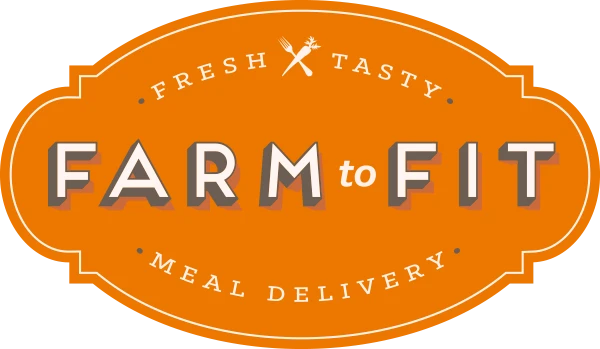Superfoods 101: What They Are and How to Incorporate Them into Your Diet
Posted on
The term "superfood" has become a buzzword in health and wellness, but what exactly does it mean?
Superfoods are mostly plant-based foods, though some fish and dairy also qualify. They are considered nutritionally dense and thus good for one’s health.
Today we’ll explore superfoods, their benefits, and how you can easily incorporate them into your diet.
Understanding Superfoods
While there’s no scientific definition of a superfood, they are often referred to as foods rich in antioxidants, vitamins, and minerals. They offer various health benefits, from preventing chronic diseases to improving digestion, mental acuity, and heart health.

Examples of Superfoods
Berries: High in fiber, berries are naturally sweet, and their rich colors mean they are high in antioxidants and disease-fighting nutrients.
Leafy Greens: Vegetables such as kale, spinach, collard greens, and Swiss chard contain vitamins A, C, E, and K.
Nuts and Seeds: These are a great source of dietary fiber, protein, healthy fats, and antioxidants.
Olive Oil: Rich in monounsaturated fats, olive oil is known for its heart health benefits.
Whole Grains: Foods such as quinoa, barley, and oats are high in fiber and are good sources of B vitamins, iron, magnesium, selenium, and other vital nutrients.
Yogurt and Kefir: These contain probiotics, protein, calcium, and vitamin D and are known for their ability to improve digestive health.
Salmon: This fatty fish is loaded with omega-3 fatty acids, which are important for maintaining heart health.
Incorporating Superfoods into Your Diet
Start with Breakfast: Add berries or slices of avocado to your morning cereal or yogurt. You can also try a smoothie packed with fruits, greens, and a spoonful of chia seeds.
Snack Wisely: Snacks like nuts, seeds, and fresh fruit are a great way to incorporate superfoods into your diet.
Make Salads and Bowls: Use leafy greens as a base for salads and bowls. Top them with various other superfoods like quinoa, nuts, and berries.
Cook with Healthy Oils: Use olive oil for cooking and salad dressings.
Opt for Whole Grains: Replace white rice and bread with whole-grain alternatives like brown rice and whole-wheat bread.
Incorporate Fish into Meals: Aim to eat fish like salmon at least twice a week.
Yogurt for Desserts: Use yogurt or kefir as a base for desserts, topping them with fruits and a drizzle of honey.
Summing it up…
Superfoods can be a beneficial addition to any diet. While no single food holds the key to good health or disease prevention, incorporating various nutrient-dense foods into a balanced diet can improve overall health and well-being.
Start small and gradually increase your intake of superfoods to see the best results. You’ll find Farm to Fit meals full of various superfoods, so if this all feels a little daunting – we’re here to help!
